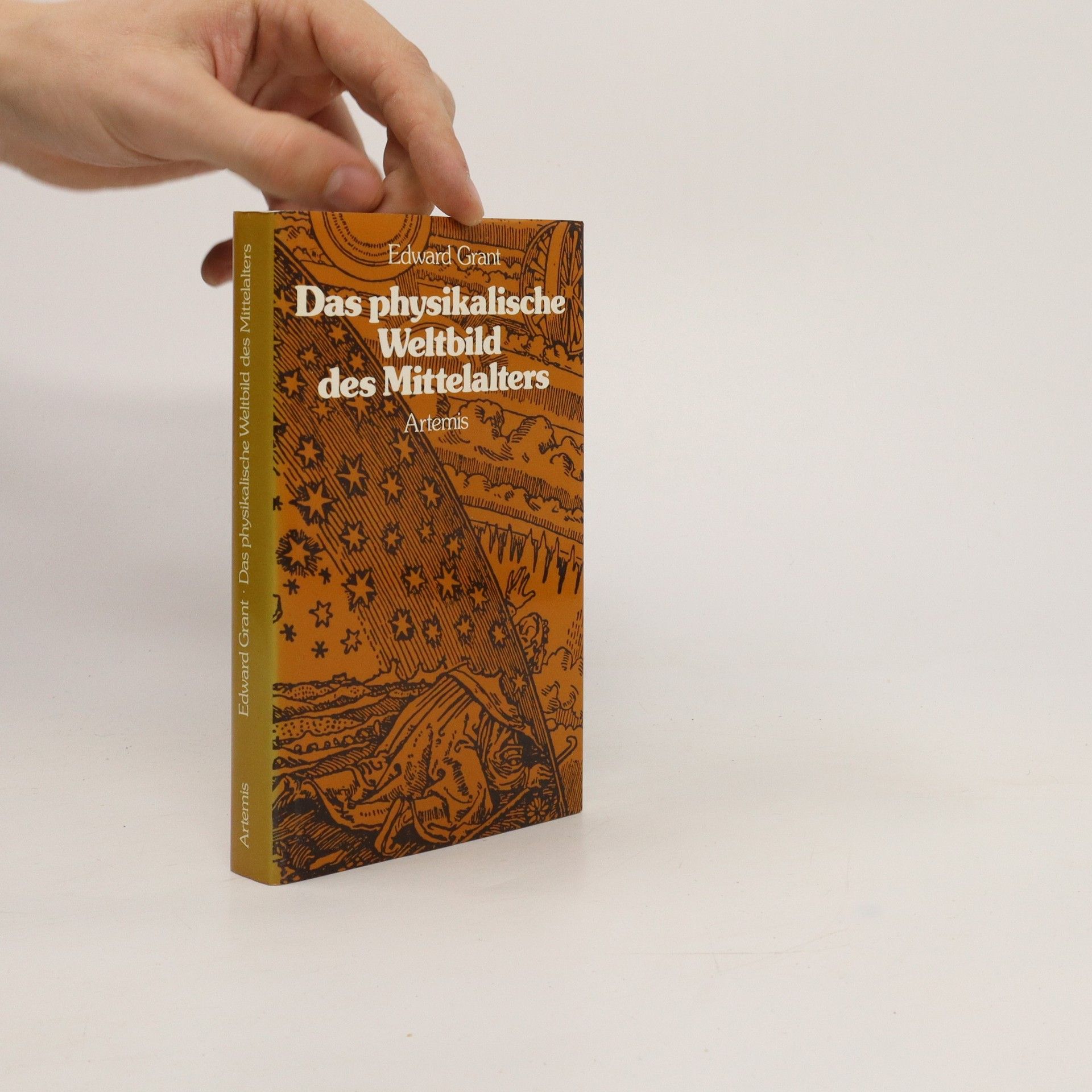This concise introduction to the history of physical science in the Middle Ages begins with a description of the feeble state of early medieval science and its revitalization during the twelfth and thirteenth centuries, as evidenced by the explosion of knowledge represented by extensive translations of Greek and Arabic treatises. The content and concepts that came to govern science from the late twelfth century onwards were powerfully shaped and dominated by the science and philosophy of Aristotle. It is, therefore, by focussing attention on problems and controversies associated with Aristotelian science that the reader is introduced to the significant scientific developments and interpretations formulated in the later Middle Ages. The concluding chapter presents a new interpretation of the medieval failure to abandon the physics and cosmology of Aristotle and explains why, despite serious criticisms, they were not generally repudiated during this period. As detailed critical bibliography completes the work.
Edward Grant Livres
Edward Grant est un historien américain de la science médiévale dont l'œuvre explore l'histoire intellectuelle et scientifique du Moyen Âge. Ses recherches approfondies éclairent le développement de la pensée et des méthodologies scientifiques durant une période souvent méconnue. L'écriture de Grant se caractérise par une profonde compréhension du contexte de l'époque et un examen méticuleux des textes d'alors. Ses analyses offrent aux lecteurs un aperçu des idées et des découvertes cruciales qui ont façonné le progrès scientifique.






The Scientific Revolution associated with the names of Galileo and Isaac Newton began in the seventeenth century, but the foundations for that revolution were laid in the late Middle Ages. This 1997 book views the substantive achievements of this period for early modern science within a broad societal and institutional setting that includes Latin translations, Christianity, and the universities.
God and Reason in the Middle Ages
- 408pages
- 15 heures de lecture
Exploring the transition from the late Middle Ages to the Age of Reason, this book delves into the intellectual shifts that laid the groundwork for modern thought. It highlights key figures and ideas that emerged during this transformative period, illustrating how early rationalism and humanism challenged traditional beliefs and set the stage for the Enlightenment. The narrative emphasizes the interconnectedness of historical developments and their lasting impact on contemporary philosophy and science.
Science and Religion, 400 B.C. to A.D. 1550
- 328pages
- 12 heures de lecture
Despite some tensions in the thirteenth century, the Church and its theologians became favorably disposed toward science and natural philosophy and used them extensively in their theological deliberations.
A History of Natural Philosophy
- 376pages
- 14 heures de lecture
Natural philosophy explored the physical causes of natural phenomena, distinct from the exact mathematical sciences. The integration of these fields began in the late Middle Ages, culminating in the 17th century, which paved the way for the Scientific Revolution. Newton's work exemplified this union, leading to the emergence of independent sciences by the 19th century.
The Nature of Natural Philosophy in the Late Middle Ages
- 355pages
- 13 heures de lecture
The book explores the emergence of natural philosophy in Western Europe during the Middle Ages, highlighting its acceptance and defense by Christian religious authorities. It identifies key elements that sparked widespread interest in this field, often regarded as the foundation of modern sciences. The discussion delves into the interplay between faith and reason, illustrating how natural philosophy evolved to become a significant intellectual movement.
